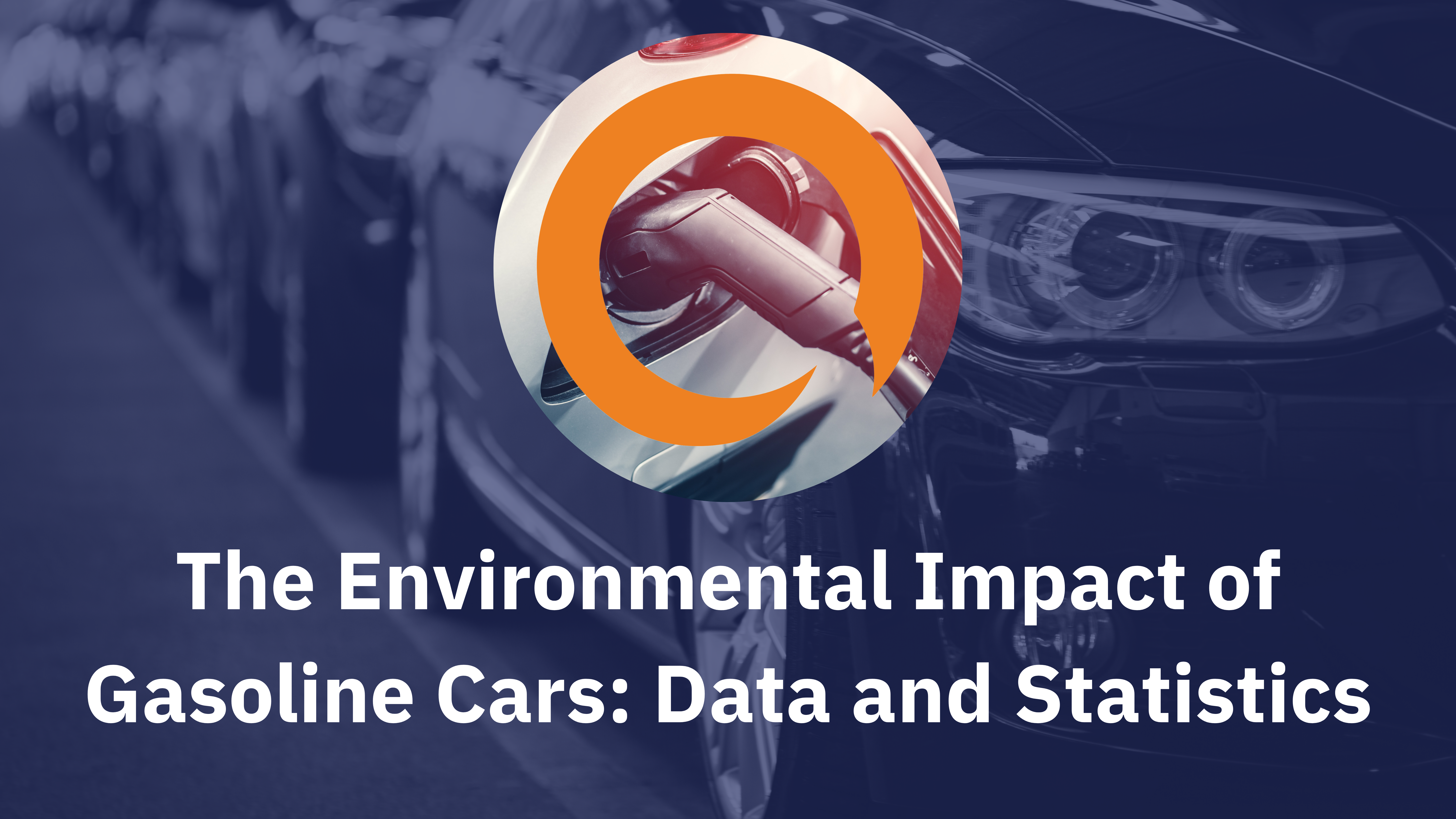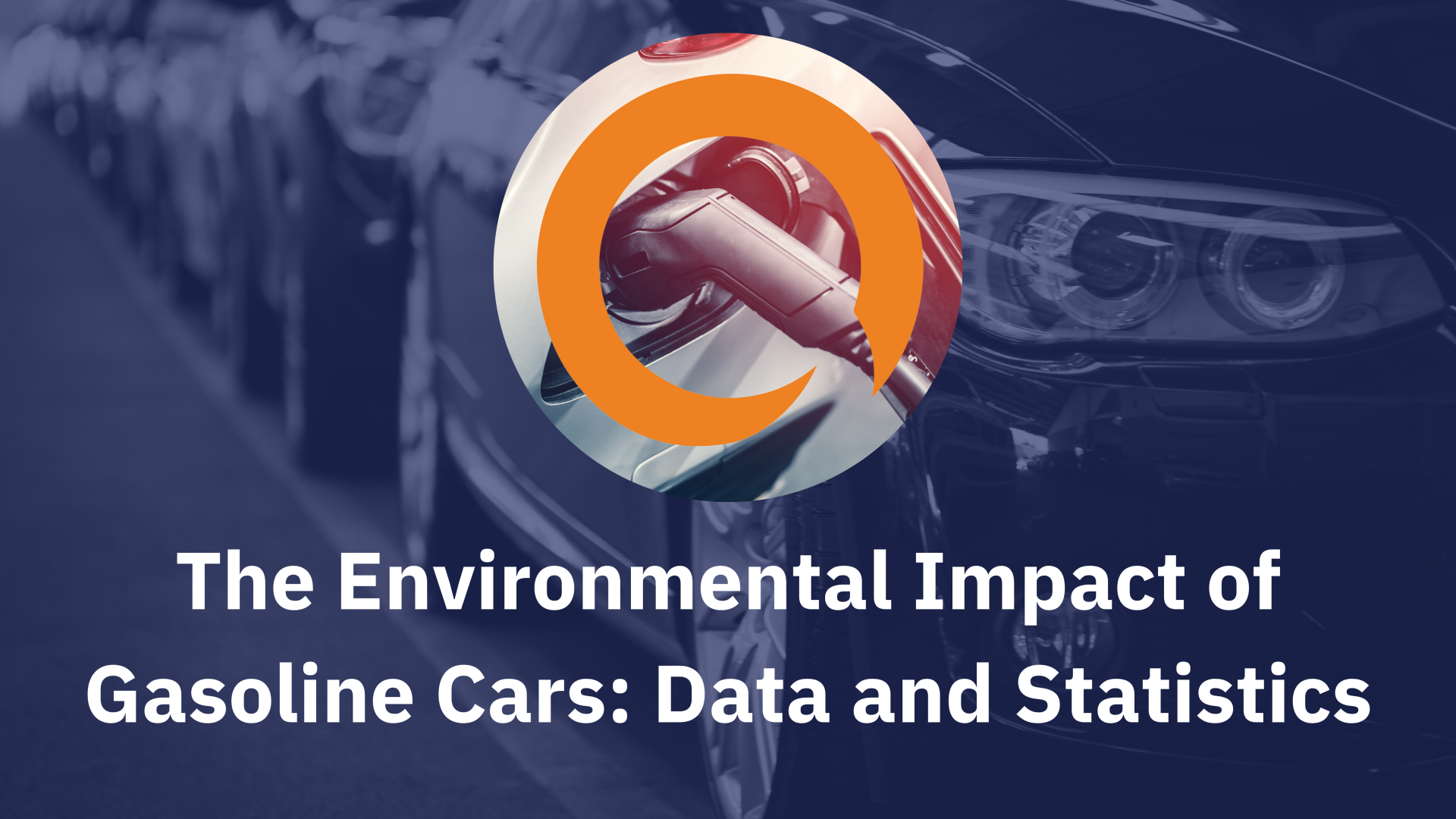
Gasoline-powered vehicles have a significant environmental impact, especially in densely populated cities like Singapore. According to the National Environment Agency (NEA), transportation is responsible for around 15% of Singapore’s greenhouse gas emissions, and the majority of that comes from cars and taxis. Gasoline cars emit carbon dioxide (CO2) and other pollutants that contribute to air pollution and have negative impacts on human health.
Switching to electric vehicles (EVs) can significantly reduce the environmental impact of transportation in Singapore. Here are some statistics and data regarding the environmental impact of gasoline cars and the benefits of EVs:
Greenhouse gas emissions: On average, a gasoline car emits about 4.6 metric tons of CO2 per year. In contrast, EVs produce zero emissions from the tailpipe, meaning they don’t emit CO2 or other pollutants into the air. Even when you factor in the emissions from electricity generation, EVs are still more environmentally friendly than gasoline cars.
Air pollution: Gasoline cars also emit pollutants that contribute to air pollution and have negative impacts on human health, such as nitrogen oxides (NOx), particulate matter (PM), and volatile organic compounds (VOCs). EVs don’t emit these pollutants, leading to better air quality and significant health benefits.
Fuel consumption: Gasoline cars are inefficient in terms of fuel consumption, requiring more fuel and producing more emissions than EVs. According to the Land Transport Authority (LTA), the average fuel efficiency of cars in Singapore is 14.9 km/litre. In comparison, the average EV in Singapore can travel up to 500km on a single charge, making them more energy-efficient and environmentally friendly.
Switching to EVs is a better choice for the environment in Singapore, as they produce fewer emissions, have a positive impact on air quality, and are more energy-efficient than gasoline cars.
